Here’s what’s at stake in Montana’s Flathead National Forest if our public lands are managed for short-term financial gain
By Guest
On a rock outcropping, I sat perched over a large canyon in the Swan Valley, with my eyes glued to a pair of binoculars, scanning the adjacent mountainside. Montana’s spring bear season had only been open for three days, and typically doesn’t produce this early, but I was too excited not to be out there.
Just a few hours prior, I had been sitting at my kitchen table working on a term paper, but my mind kept wandering back to the thought of snowless foothills, fresh mountain air, and the chance of finding an early-season, public-lands black bear. I had to get out here. It couldn’t wait until tomorrow.
I’d have to reckon with my procrastination later, but my decision to spend that time in the Swan Valley paid off. After glassing for less than an hour, a color phase bear ambled out of the timber to feed. I watched for nearly an hour, long enough to determine that the bear was alone, unaccompanied by cubs, and therefore legal.
The wind spoiled my chances of sneaking in close enough for a shot that night, but I’d be back the next day.
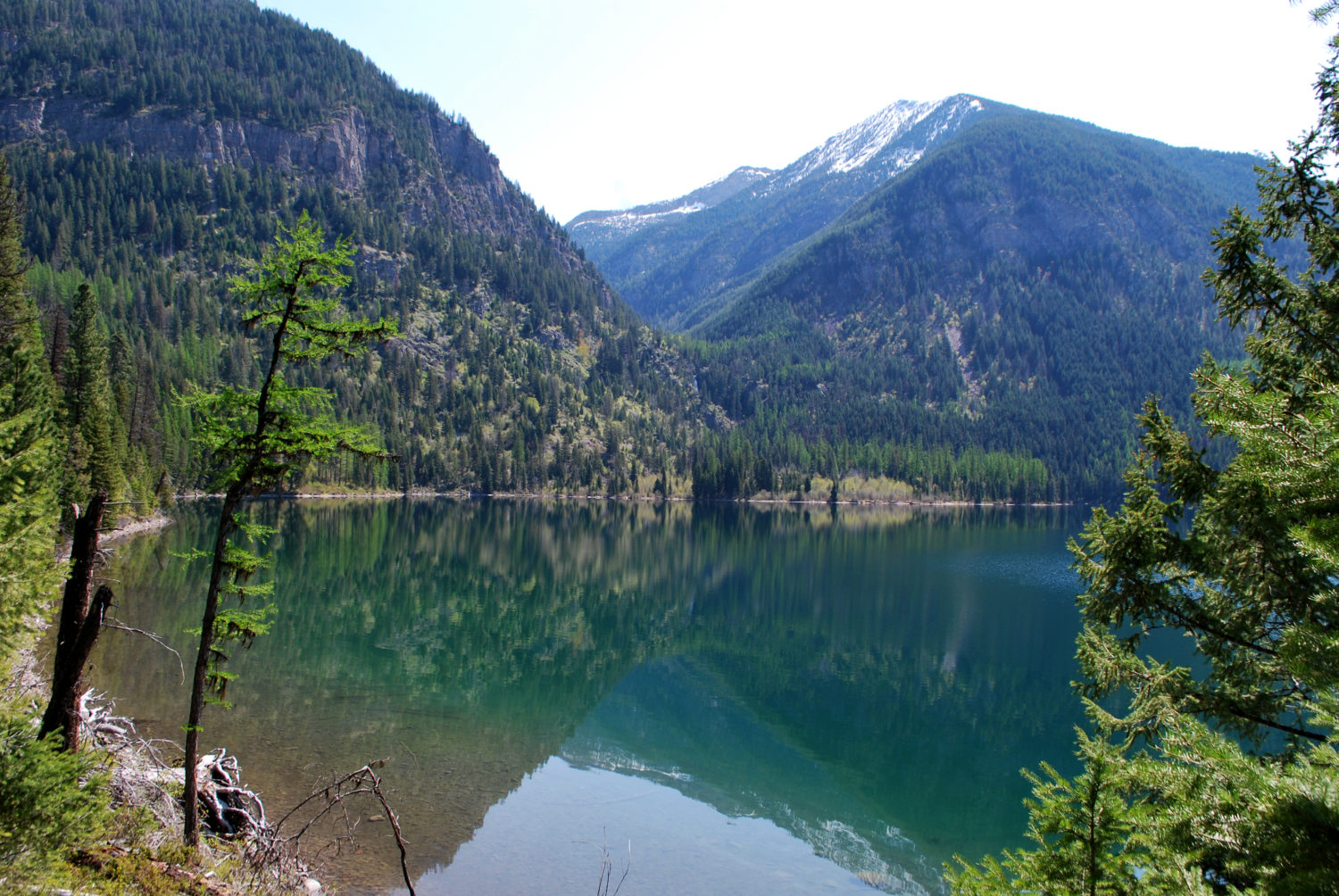
A Shortsighted Proposal
Just a few months later, right down the road from that spot, the Lake County Conservation District (LCCD) pitched a too-good-to-be-true proposal to the locals that would transfer management of these public lands to the state for the next 100 years.
Instead of public lands being managed for multiple-use, the proposal would take a strictly short-term, for-profit approach that would benefit a few at the expense of the rightful owners of these public lands: every single American. Approximately 60,000 acres of the Flathead National Forest would be utilized purely for its available timber commodities, with no regard for the long-term health of the forest or watershed.
Wildlife, like the bear I’d been watching, would surely be an afterthought.
A proposal like this wouldn’t just be bad for today’s sportsmen and women, but for every future generation of public-land users, as well.
The LCCD is now asking for public comment on their proposal, so there is an opportunity for hunters and anglers to put a stop to this. Allowing a proposal like this to move forward sets a dangerous precedent for other transfer initiatives to find footing throughout the West.
Luckily, there is something you can do.
Back to the Bear
When I returned to find the same bear less than 400 yards from where I’d seen it feeding, I moved quickly to get into range before the winds shifted, and I was able to harvest an impressive public-lands bruin.
After field dressing the bear, I sat next to a small fire and admired the thick, full, chocolate-colored hide of a unique black bear. Beside me, spaced out across a log to cool, lay four game bags full of bear meat. Another bag sat full of bear fat, which I’d render down for cooking oil and pie crusts. The bear had wintered extremely well, and none of him would be wasted.
Around midnight, my roommate Eli arrived to help with the heavy pack-out. We raced the sunrise back to the trailhead and were able to make it home with just enough time to shower and rush to campus. I made it to my first class on time, with baggy eyes and a wide, accomplished grin.
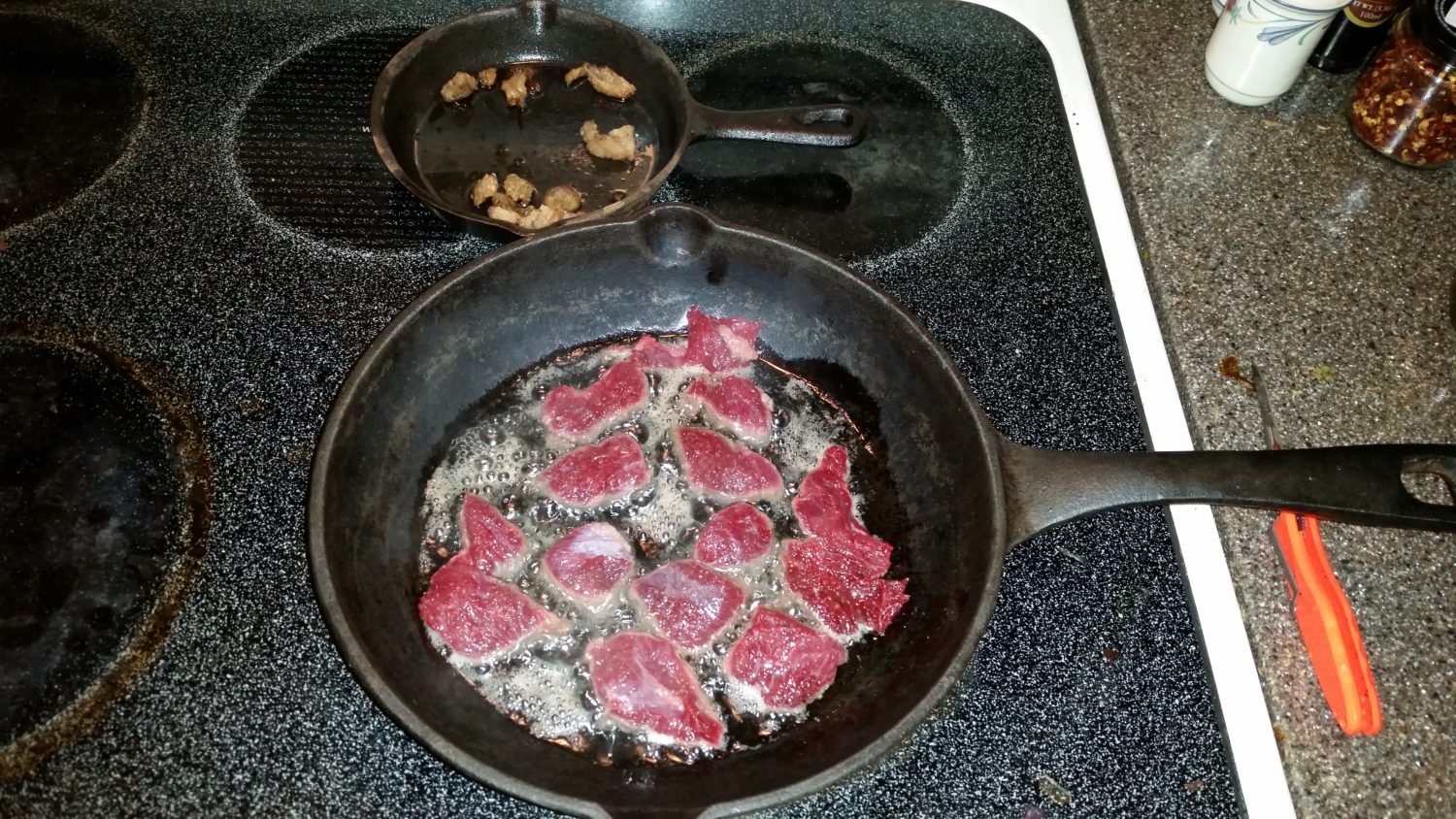
Time to Take Action
If the LCCD prevails in obtaining land-management control, public-land stories like mine won’t come out of Swan Valley for a long time. And this isn’t just about my ability to hunt this specific spot; the issue of transferring national public lands to the state could play out across our entire country. Every American who takes part in our shared public-land heritage needs to pay attention and take action. Hunters and anglers truly are the #originalconservationists, and now is the time to prove it.
It can’t wait until tomorrow.
Trey Curtiss is a native Montanan and lifelong hunter. He’s currently wrapping up his final semester at the University of Montana, where he’ll graduate with a bachelor’s degree in resource conservation. When he’s not pulling all-nighters packing out big game (or writing term papers) Trey works as an intern for Backcountry Hunters & Anglers in Missoula, Mont.

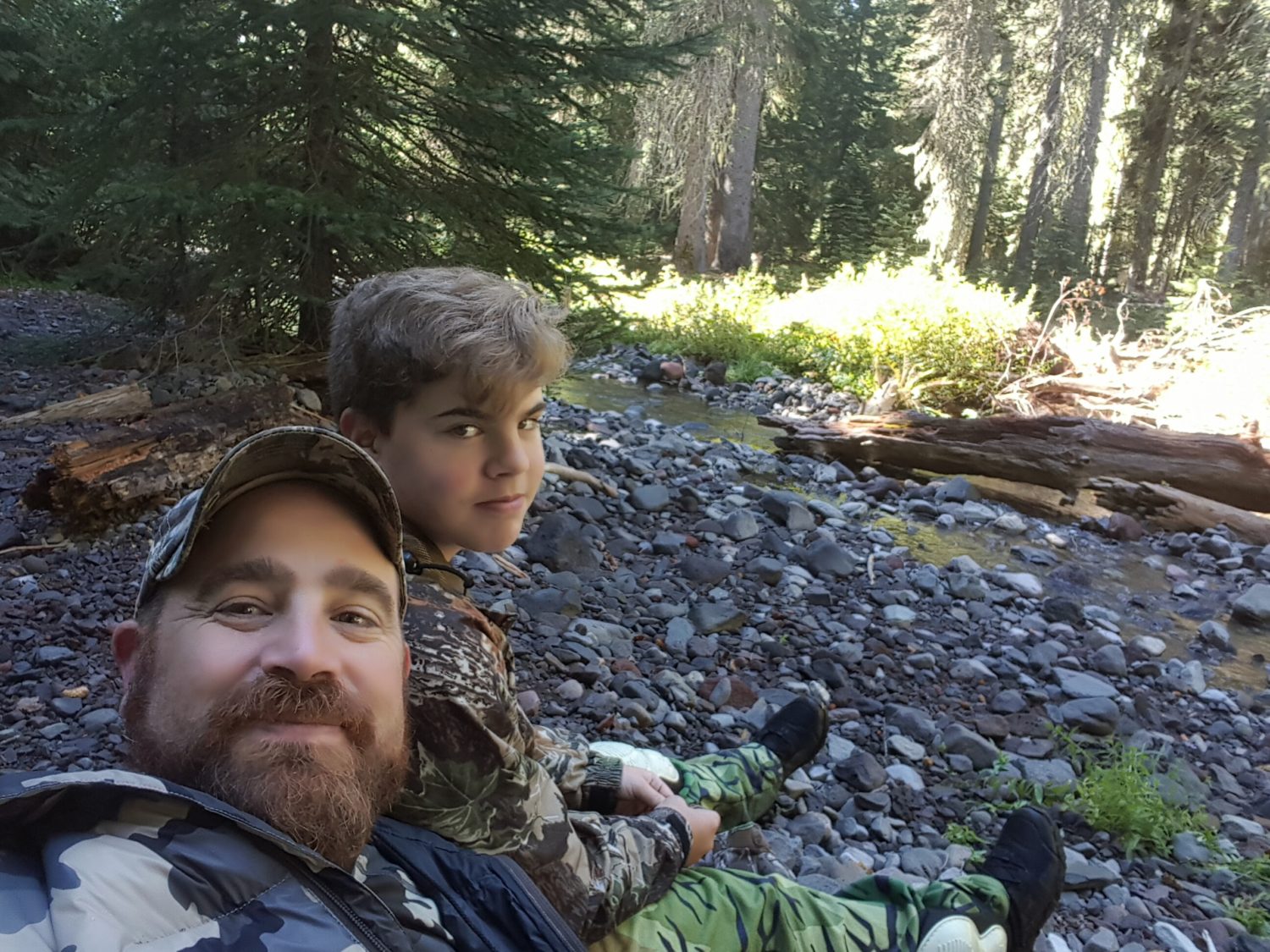
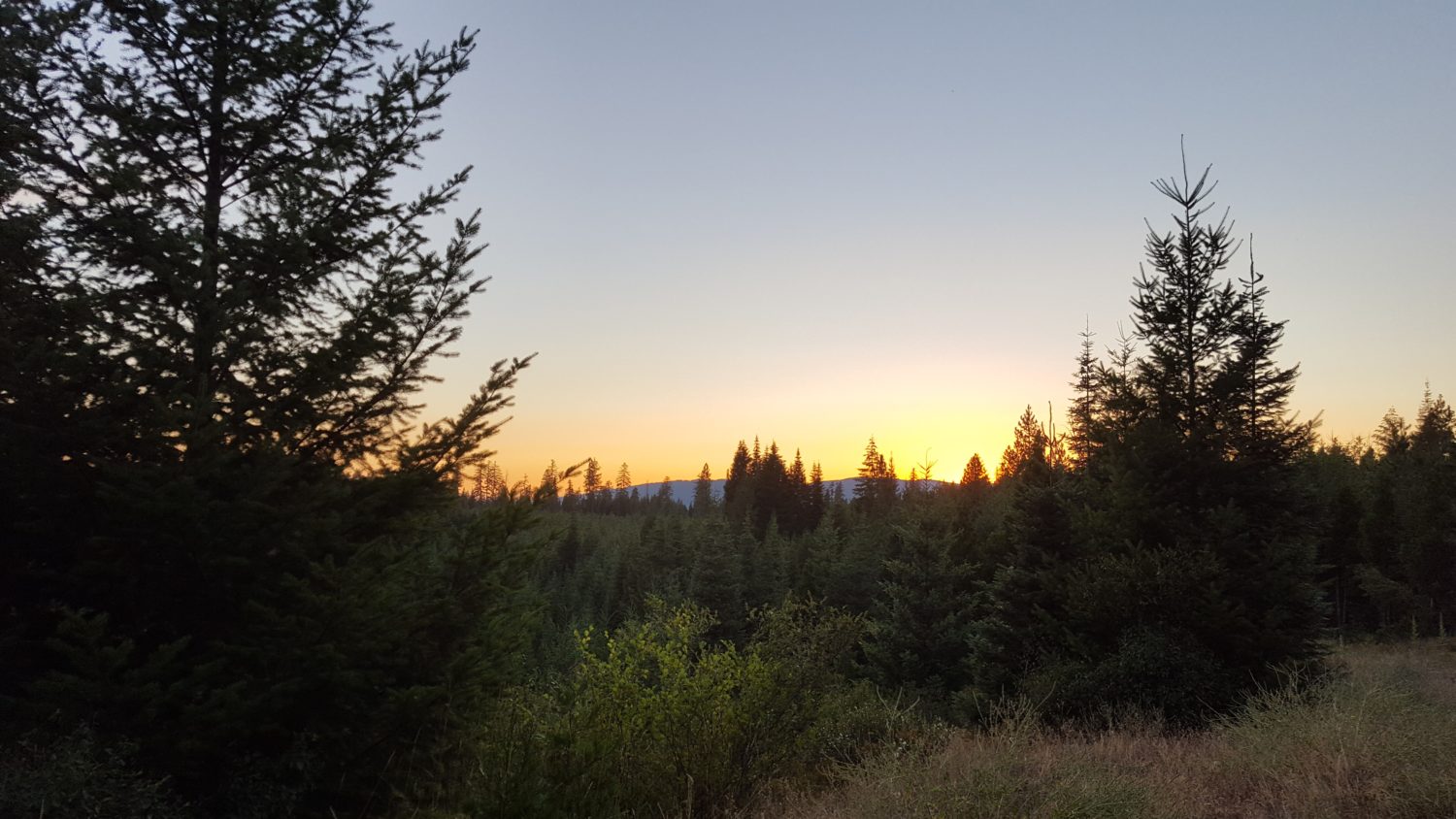
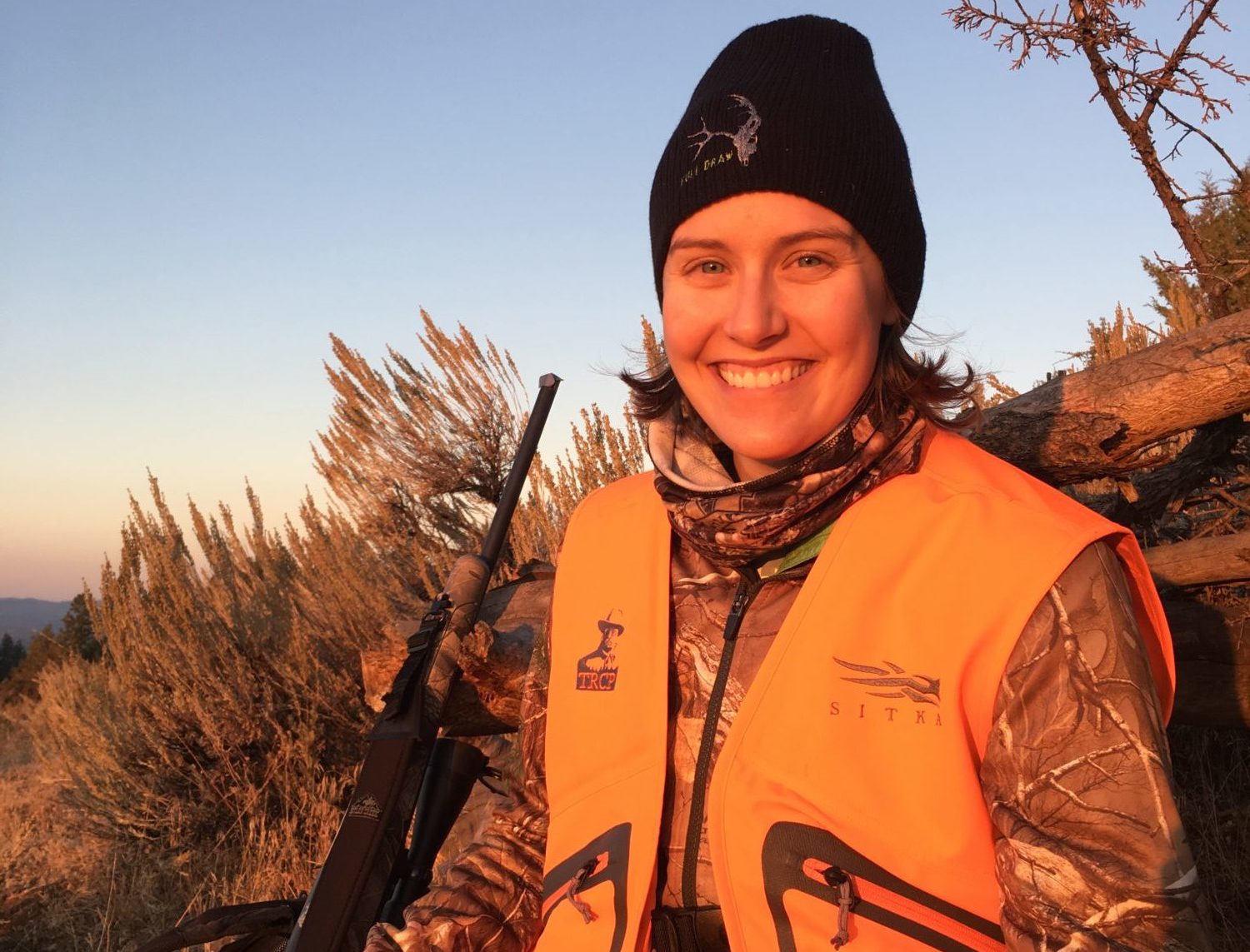
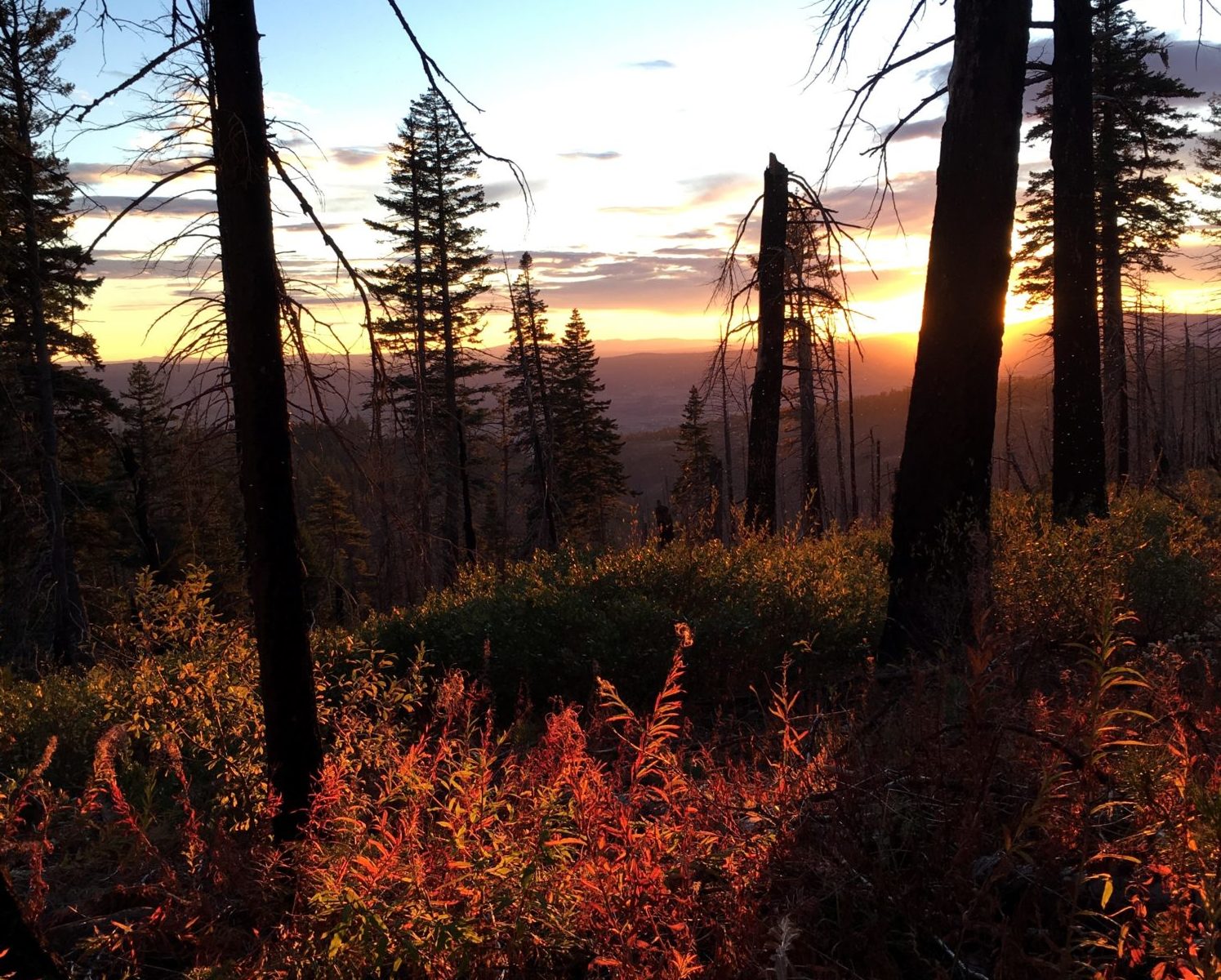
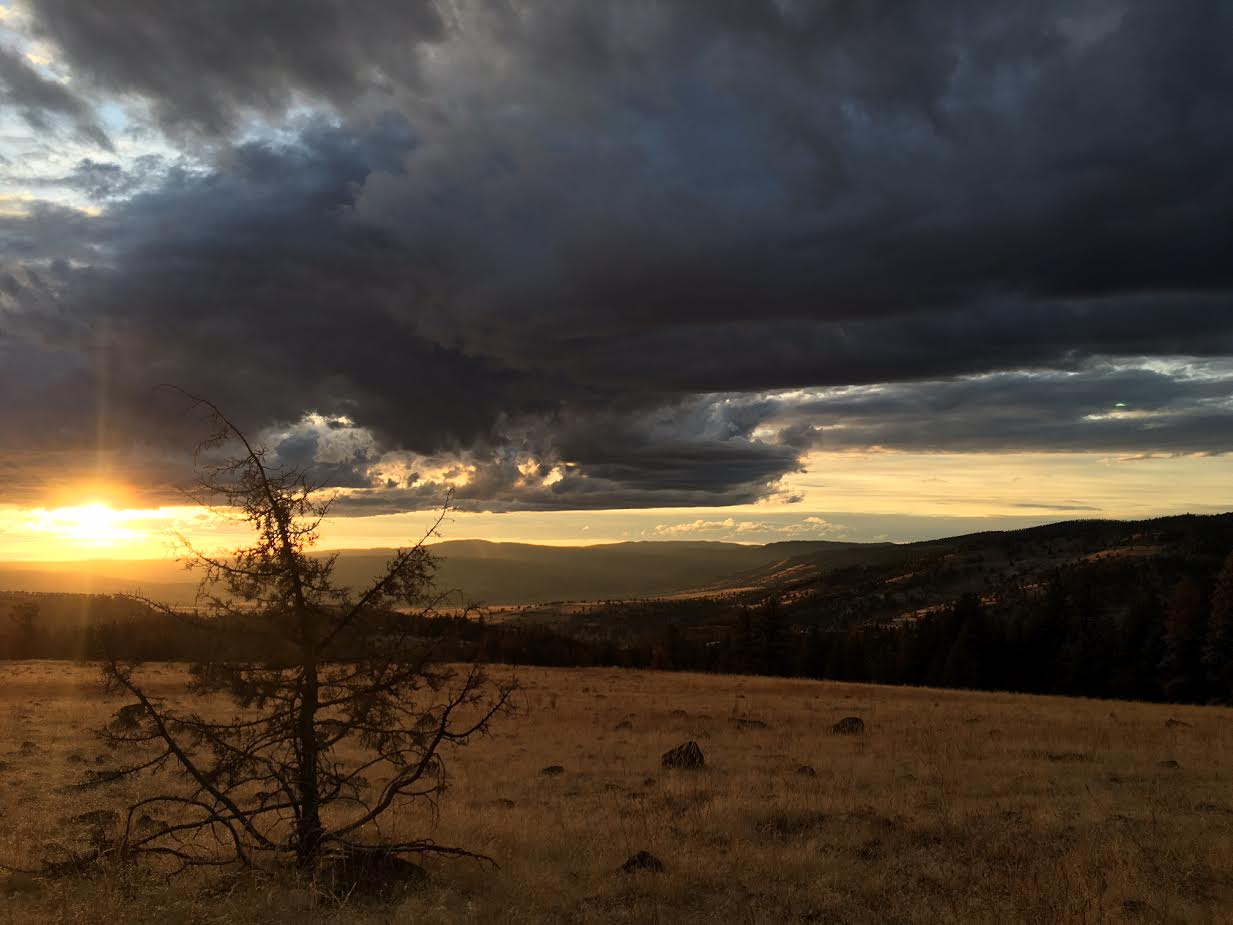


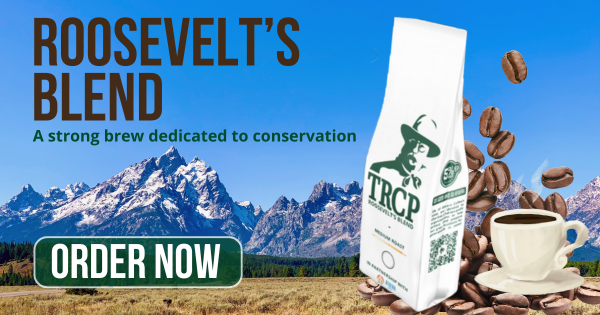



Good read !
We need our wild parks to bring back sanity
Well done!
The use and ownership of public lands will be an on – going debate across our nation, each state supported by numerous hunting, fishing and outdoor enthusiasts must work together to achieve a goal that supports all interests and calls into all accountability our timber, water and mineral interests in these areas and the benefits derived from the concept of “development”.
I do not trust Conservation Districts, period. They are avenues to take public grant money and give it to private landowners, with no desire to act in general public’s interest. I’ve been battling my local conservation district for two years because they have land accessed by a public easement that they are allowing a Weyerhaeuser lease holder to block and post “no trespassing”. They are doing this because they do not want to inconvenience Weyerhaeuser’s lease holder, and don’t give a rip about the rights of the public. I don’t mean to lump all Conservation Districts as bad apples, but that is my experience with one! http://apps.kidvalley.com/Blog/